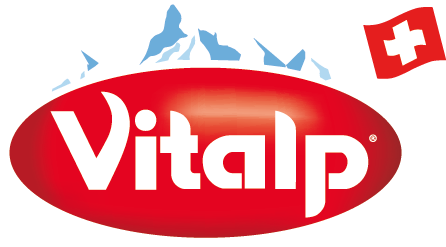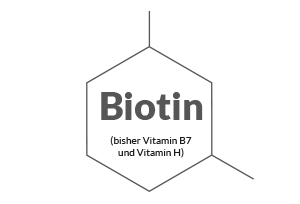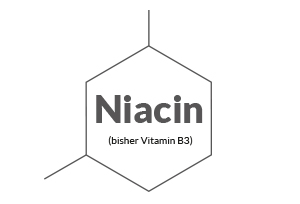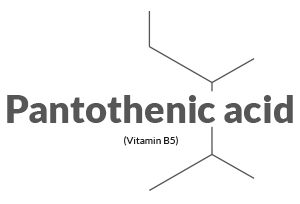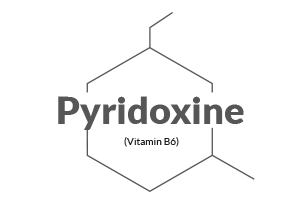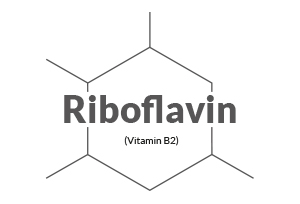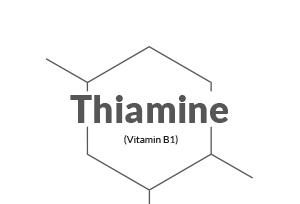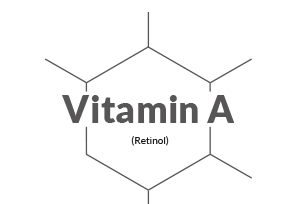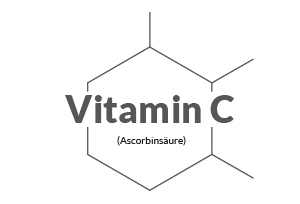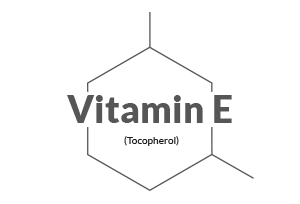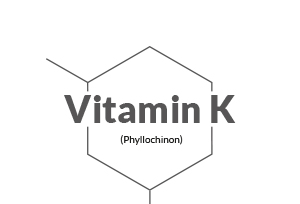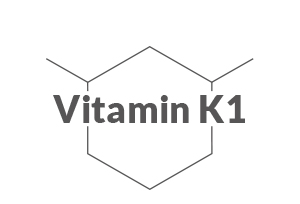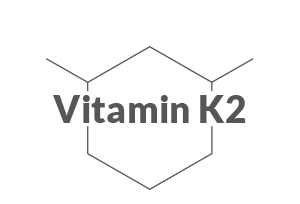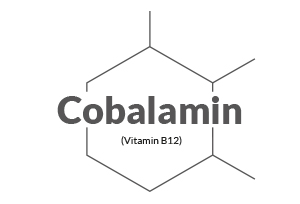
Function: Together with other vitamins, cobalamin (vitamin B12) plays an important role in blood production, cell division and the regeneration of mucous membranes. It is necessary for activating folic acid, and —in conjunction with other vitamins— it lowers homocysteine levels, thus helping to prevent arteriosclerosis and cardiovascular diseases.
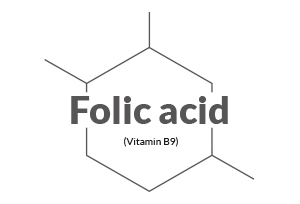
Function: Folic acid is necessary for cell division. It also plays a significant role in the blood production process and is important for fetal development in the mother’s womb. Together with other B vitamins, folic acid lowers the body’s homocysteine levels, thus helping to prevent arteriosclerosis and cardiovascular diseases.
